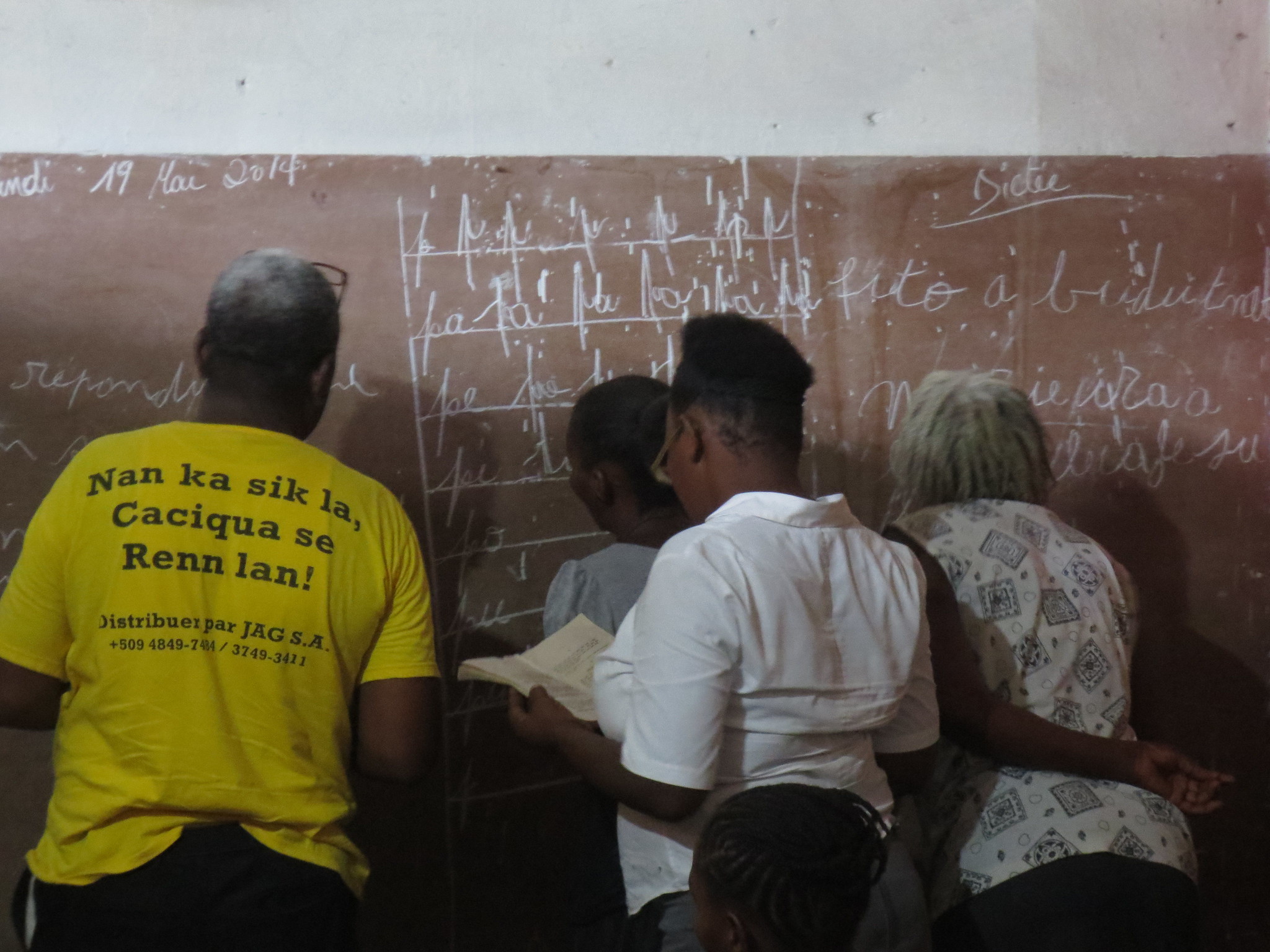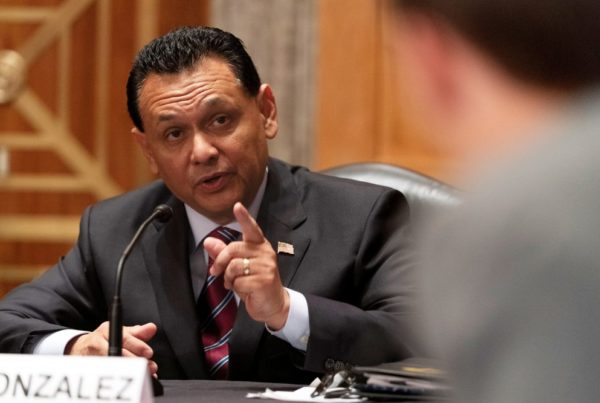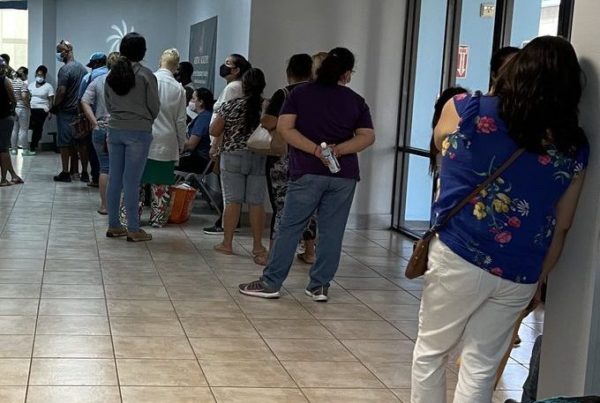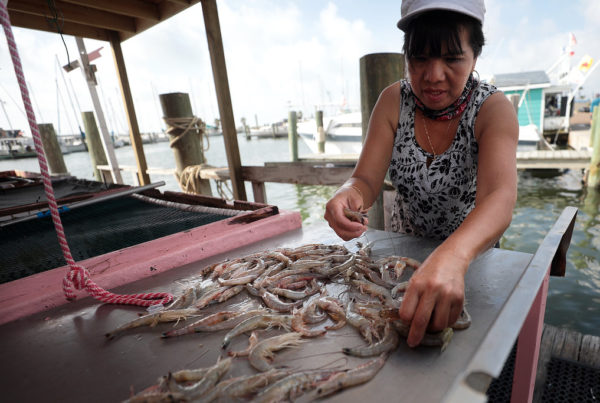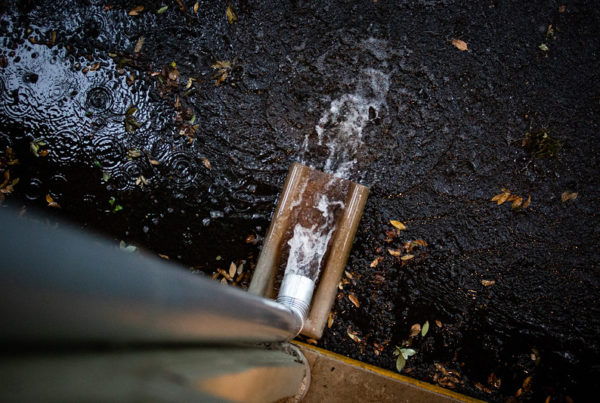Haiti’s government is in turmoil after President Jovenel Moïse was assassinated on July 7. And in Cuba, citizens held massive anti-government protests just last week.
Professor Benjamin Hebblethwaite told Texas Standard that both countries in the region are going through moments of great political turmoil, but that the reasons for, and solutions to, that turmoil are different. Hebblethwaite teaches Caribbean studies at the University of Florida, specializing in Haiti and Jamaica.
Hebblethwaite says it’s in the interest of the United States to support political and economic stability in the region.
France and French culture remain deeply rooted in Haiti, despite the country gaining its independence over 200 years ago. The effects of French colonialism still play a role there today. Hebblethwaite says while most Haitians speak Haitian Creole, the education system is French-based. He says it mainly serves a small, elite group.
“Only 10% of Haitians who begin the school system actually graduate. It has a French-dominant system that serves only 5% to 10% of the population,” Hebblethwaite said.
He doesn’t expect the assassination of President Moïse to lead to positive change.
Instead, he recommends the United States support Haiti through partnerships between its U.S. Education and State departments to develop language policies that serve all Haitians. That could help improve the quality of life, economic opprotunity and eventually political stability. Hebblethwaite says such partnerships would be more effective than U.S. military intervention.
Helping promote stability benefits Haiti and the United States, Hebblethwaite argues. For one, Haiti has important natural resources and is a growing market for wind and solar energy generation. Developing these resources could also help stem the need for Haitians to flee their country for the United States, where many emigrés have made their way through South Texas recently.
The issues in Cuba are different, Hebblethwaite says. Spanish is the dominant language in society and institutions there, and most people speak the language. Also, education and health care are easily accessible.
But the U.S. blockade against importing Cuban goods and exporting goods to Cuba is hobbling the economy, Hebblethwaite says. And that has led to protests by citizens who are looking for change from political leaders.
“The blockade has limited their ability to function as a normal society,” he said.
Hebblethwaite argues a more “nuanced” approach by the United States could help ease the political and economic tensions in Cuba, without compromising its anti-Communist stance. And as in Haiti, more stability in Cuba would also benefit the United States.
“We need to make it possible to import and export some fundamentals so that people can at least feed themselves,” he said.


